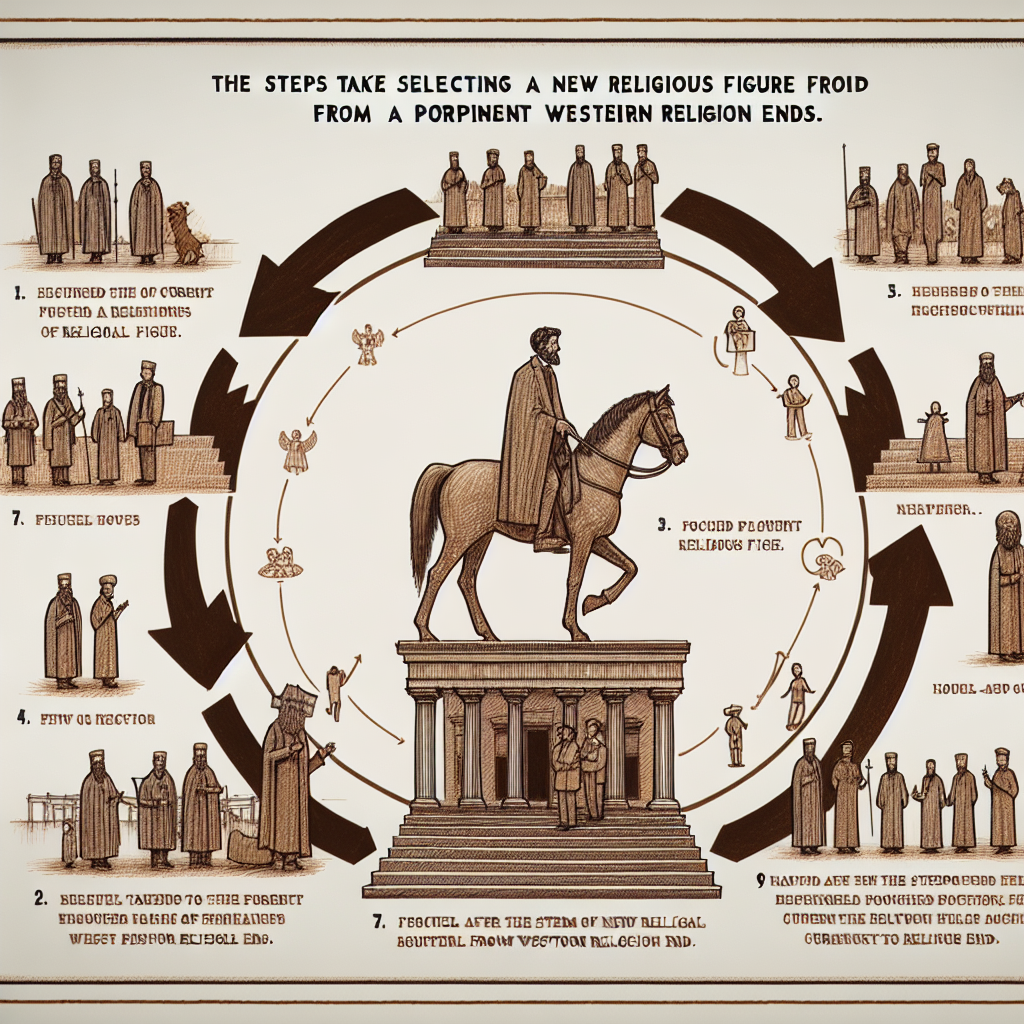The Next Pope: Understanding the Selection Process After Francis
The Next Pope: Understanding the Selection Process After Francis
Introduction to the Papal Selection Process
The selection of a new pope is a significant event in the Catholic Church, steeped in tradition and religious significance. With Pope Francis’s tenure eventually coming to an end, understanding the process of selecting his successor is crucial for both Catholics and those interested in global religious dynamics.
The Role of the Conclave
The conclave is the central event in the papal selection process, where cardinals from around the world gather to elect the new pope. This gathering is held in the Sistine Chapel and is characterized by its secrecy and solemnity.
- Only cardinals under the age of 80 are eligible to vote.
- The conclave begins with a Mass for the Election of the Pope.
- Cardinals are sequestered until a new pope is elected.
Voting Procedures and Traditions
The voting process is a meticulous and traditional procedure, designed to ensure a fair and divinely guided selection. The process involves multiple rounds of voting, with specific rituals marking each stage.
- A two-thirds majority is required to elect a new pope.
- Ballots are burned after each voting round, with the smoke signaling the outcome.
- White smoke indicates a successful election, while black smoke signifies no decision.
Criteria for Selection
While there are no formal criteria for becoming pope, certain qualities and experiences are highly valued. The cardinals consider various factors when casting their votes.
- Leadership and pastoral experience.
- Theological knowledge and adherence to Church doctrine.
- Ability to address contemporary issues facing the Church.
Potential Candidates
Speculation often surrounds potential candidates, with certain cardinals emerging as frontrunners based on their influence and reputation within the Church.
- Geographical diversity is increasingly considered important.
- Cardinals from regions with growing Catholic populations may be favored.
- Reform-minded candidates could appeal to those seeking change.
Conclusion
The selection of the next pope is a complex and deeply spiritual process, reflecting the Catholic Church’s traditions and its response to modern challenges. Understanding this process provides insight into the future direction of the Church and its global influence.






































